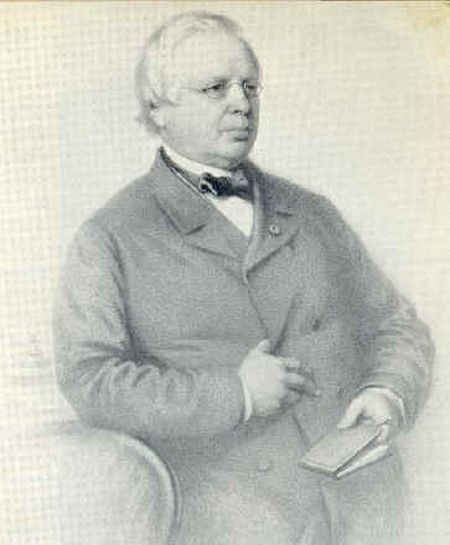In 1838, V. Scheppers searched financial support for, among other things, the foundation of an institute that would deal with the sick people in civil and military prisons as well as in hospitals.
Apostleship in prisons
With the support of especially E. Ducpétiaux, the Brothers worked in the prisons. They didn’t take only care of the sick people, but they also did custody and therefore they received a small salary.
The Brothers didn’t consider their work as a normal job but as a real apostleship. In prison, they tried to treat the prisoners with respect and with mercy and every chance they had, they tried to enforce them with prayers, religious rituals or they enforced their religiousness.
Friars went to prisons and to approved schools

In 1841 three Brothers went to the prison in Vilvoorde; in 1843 five went to the military prison in Aalst and another five went to Gent.
In 1844 ten Brothers had found an action place in an approved school in Saint Hubert and in another house in Namen. There they were teaching and they helped the boys during their professional education; they also took care of permanent surveillance and accompaniment.
Herewith, they were the leading figures in a new vision concerning punishment and competency of young delinquents. They had confidence in the fact that not repression, but prevention and reeducation would diminish the criminality. Therefore they were inspired by their belief in the merciful God.
Ducpétiaux and his reformation plans

To see if the Brothers were indeed competent, Ducpétiaux himself came to Mechelen in 1846. Brother Vincentius wrote to the Brothers of Vilvoorde on February 14th: “Last Monday Mr. Ducpétiaux has been in the convent and all the Brothers had to read, to write and to cipher in French as well as in Dutch.
HIt seems that this would be considered as an exam. This way it would be easier and the teachers would not interfere. We have to wait again, because working with the Government is “working with foxes”, as you all know…."
If Ducpétiaux wanted to give the Brothers a place in his reforming plans, civil servants and politicians who didn’t like Catholicism, considered the friars rather as intruders in business that the Government should do themselves.
Send away
At the end of the 1840’s, they criticized the religious zeal and the poor French knowledge of the Brothers. As the liberal influence became greater, the Brothers in the governmental institutions were not welcomed any longer.
They were kept out or send away. Later their services became superfluous in Aalst (1859), Vilvoorde (1862) and Gent (1869). In the approved houses of Saint Hubert and Namen, they kept teaching till 1878 and they also took care of the professional education and the custody.
At the moment that the radical liberal cabinet of Frère - Orban- van Humbeeck (1878-1884) wanted to give a neutral character to the official education and when they fought against the influence of the church in public life, the Brothers had to stop their activities as well in the approved houses.
Source: SCHEPPERS, OUR SCHOOL by An Hermans, printed in 2002





